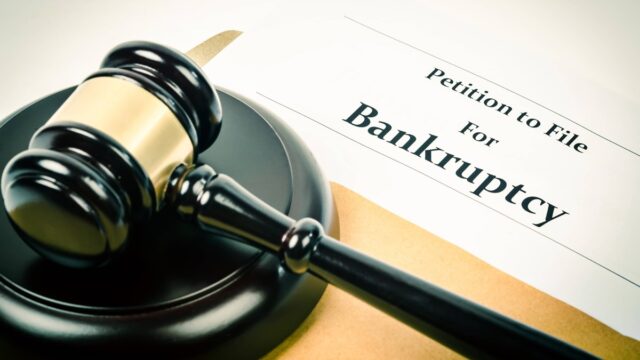The COVID-19 pandemic has been disastrous for many businesses, with even large chains going on to file for bankruptcy, while others are just hanging on. But rather than clinging to some idea of business as usual and trying to avoid bankruptcy while the bills pile up, small businesses might want to consider the potential advantages of bankruptcy. Despite popular perception, bankruptcy doesn’t always mean the end of operations. Instead, it could be an opportunity to restructure, optimize business operations, and get your business back on track, even in the face of financial challenges.
The Issue Of Avoidance
It makes sense that the majority of businesses aim to avoid filing for bankruptcy; there’s a great deal of stigma around bankruptcy, and it can damage your credit and make it hard to get loans in the future. To that end, many companies try consolidating existing debts, negotiating with lenders, and other strategies to reduce what they owe and avoid being sent to collections. What this approach overlooks, however, are the different types of bankruptcy available to businesses.
Bankruptcy Options
There are multiple kinds of bankruptcy options available to businesses, and each provides a different approach to existing debt. For example, there’s Chapter 7 bankruptcy, which is what people typically think of when they think of bankruptcy; Chapter 7 bankruptcy requires the business owner to liquidate all of their business assets in order to pay their debts.
Chapter 13 bankruptcy, on the other hand, allows a business to continue operating and restructures the company and its existing debt so that it can be paid back over a period of time. As bankruptcy attorney Rowdy Williams notes, “Because many businesses are unaware of Chapter 13 bankruptcy, they experience excessive anxiety about their debts. They think their option is to shut down or try to handle it all themselves, but Chapter 13 bankruptcy represents a middle ground.”
What’s Ahead – A Rush Of Bankruptcy Filings
Experts think that the coming months will be marked by a flood of bankruptcy filings, as businesses begin to reckon with the full scope of their pandemic-related debts. The question remains, however: how many of these bankruptcy filings are absolutely necessary and how many of them mean a business has reached the end of the road? As communities mourn the losses of favorite local businesses, could Chapter 13 bankruptcy save those restaurants, gift shops, and beloved cafes?
In addition to the various bankruptcy options available to businesses, those facing financial strain because of COVID-19 may have additional options due to the nature of their debts. Specifically, there continue to be questions about whether government shutdown orders demand a suspension of financial obligations between creditors and debtors. Many areas are still addressing legal debates over the financial responsibility of insurance providers to businesses under business interruption policies.
While it’s much easier for private individuals to avoid filing for bankruptcy by consolidating debts, entering debt management, budgeting, and going through financial counseling, businesses shouldn’t foreclose their options too early. Instead, it’s important that businesses spend time consulting with a bankruptcy lawyer to determine what the best way forward is for them.


